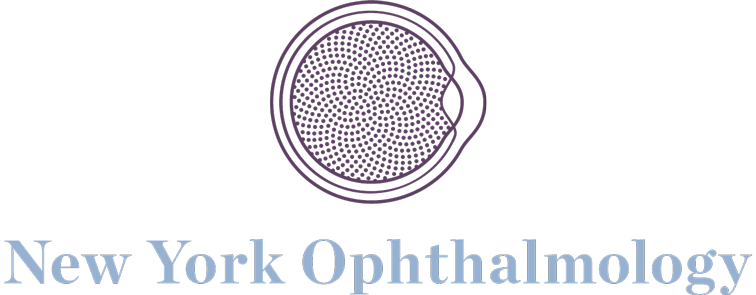At New York Ophthalmology, Dr. Neil Patel is a fellowship-trained vitreoretinal specialist who can assess your eyes for signs of retina disease and perform surgery and treatment. Dr. Patel’s training and experience allow him to diagnose any retinal concerns or diseases and provide proper treatment. With 5 locations throughout NYC, we serve people in the Bronx, Queens, Manhattan, Brooklyn, and throughout New York City.
The retina is the lining of cells at the back of your eye that receives focused rays of light. It acts like a sensor that transmits electrical impulses to the brain via the optic nerve. The brain then interprets these signals and makes you see images.
It has perhaps the most vital role in your eyesight, and any damages or abnormalities in its structure may lead to permanent blindness. Our facilities throughout New York also house retinal specialists so that all our patients have access to the eye care they need. Here’s why you might want to book an appointment with them.
Skills
Ophthalmologists may study further for a couple of years to certify as retinal specialists. They can then practice on cases pertaining to retina care and research in the field.
Retinal specialists have training in using and interpreting diagnostic tools such as optical coherence tomography (OCT), fundus photography, and fluorescein angiography (FA) to diagnose retinal conditions in their patients. Furthermore, they can devise extensive care plans and conduct surgery to treat patients and help them manage their ailments.
Potential Vision Loss
Retinal diseases and conditions have the potential to cause vision loss and blindness. You may have certain risk factors that may exacerbate your sight. It’s best to see a retinal specialist if you have been diagnosed with the following conditions:
Diabetic Retinopathy
As the name implies, diabetic retinopathy is a result of diabetes and is one of the most common causes of blindness in American adults. This disease doesn’t usually present symptoms in its early stages. It is when vision loss and impairment start to happen then only do people begin to notice.
Due to diabetes, elevated blood sugar levels cause damage and blockage in the retina’s blood vessels, resulting in poor blood circulation it. Prolonged damage may lead to the formation of new abnormal blood vessels, scar tissue on the retina surface, and bleeding inside the eye. All of these effects lead to vision loss.
Additionally, scar tissue pulling on it may lead to a retinal detachment, which, in turn, leads to blindness.
Retinal Detachment
The thin retinal lining may sometimes detach from the back of the eye like wallpaper. In most cases, a tear or hole in the retina causes fluid to pass through and collect under it, pushing it off. Less commonly, fluid leaks from blood vessels under the retina and pushes it off.
Retinal detachment leads to the retina being deprived of an oxygen supply causing its cells to die. If left untreated, it may lead to permanent blindness.
Based on the extent of the detachment and a patient’s pre-operative condition, a retina specialist can determine which approach is most suitable for successful re-attachment. It often leads to vision improvement, though some degree of permanent vision loss may occur.
It is our recommendation to see an ophthalmologist once a year. If you come to one of our 5 NYC facilities in Queens, the Bronx, Brooklyn, and Manhattan, they can determine if your case would require a retinal specialist’s attention after conducting an extensive eye exam.
If you would like to learn more about retina care from an ophthalmologist in NYC, please request a consultation online or call 866-599-8774.
Leave a Reply
